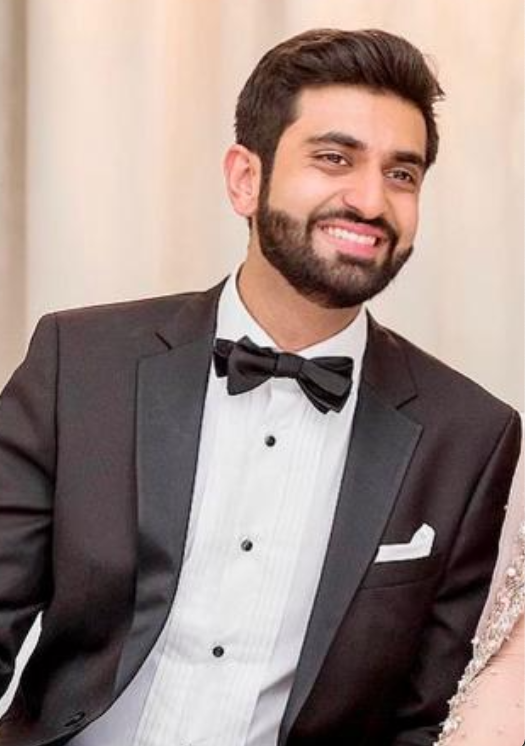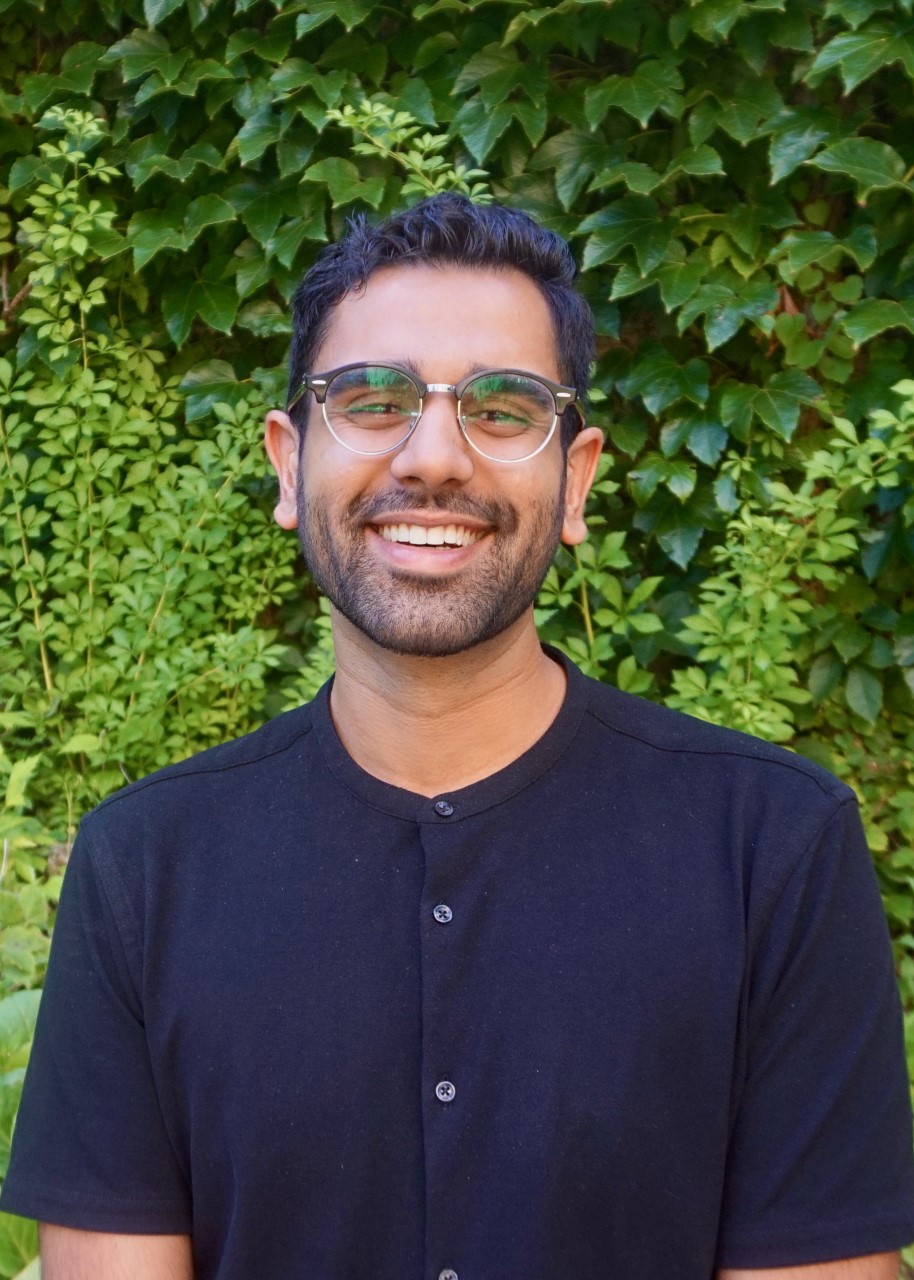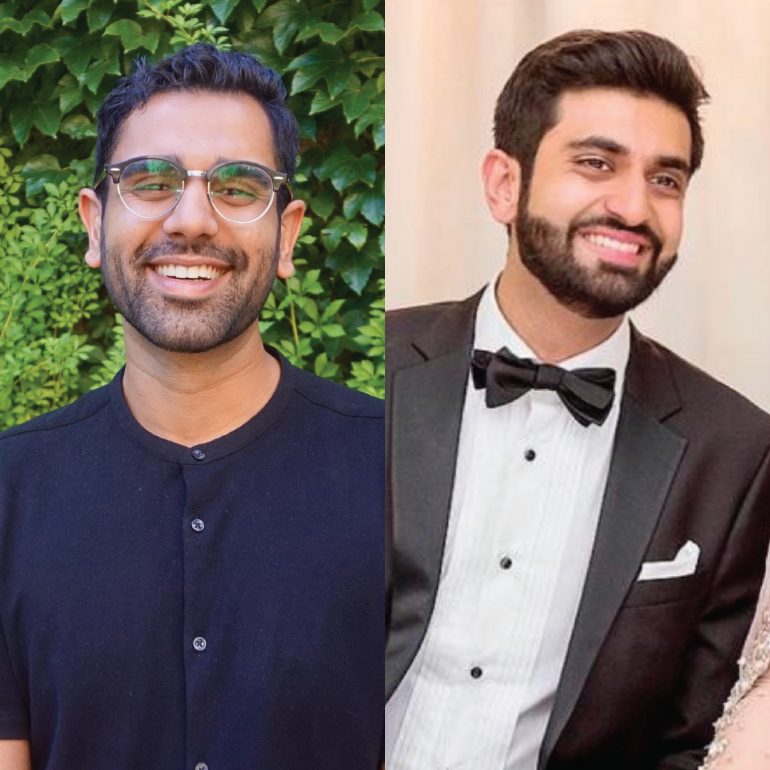Nebras Warsi and Joseph Sebastian are two of the BME Vanier Canada Graduate Scholarship winners of 2021. Vanier awards are given based on the merit of academic excellence, extracurricular activities, and demonstration of leadership.

Nebras Warsi, CIHR Awardee, PhD Candidate, George Ibrahim lab
My work is focused on developing treatments for cognitive disorders in children with epilepsy. Specifically, we are working on building a closed-loop neurostimulation system to treat attention deficits, which to this day remain intractable. The system I am developing learns from an individual child’s endogenous brain waves to predict when they are likely to lose focus, and delivers precision brain stimulation at this time to restore focus.
Neuromodulation is a nascent field which holds significant potential for patients, including children and adults with epilepsy and even other disorders such as Parkinson’s disease. However, at the same time, there are significant engineering challenges in advancing research in this field given how little is known about the precise neural code the brain uses to perform each of its functions. Support from the Government of Canada in the form of the Vanier scholarship is a significant recognition and support that will allow us to further strengthen the cross-disciplinary collaborations needed to drive this kind of work forward.
On a personal level, I feel incredibly fortunate to have been awarded this opportunity. As a neurosurgery resident at the University of Toronto, I intend to specialize in paediatric neurosurgery and chose to pursue this research project in order to improve treatments available for neurocognitive disorders in children with epilepsy. I am absolutely thrilled to have the support of the Vanier scholarship toward our goal of improving clinical care for these children.

Joseph Sebastian, NSERC Awardee, PhD Candidate, Craig Simmons lab
Cardiac stiffness provides us with critical information about heart disease and failure, a growing epidemic in Canada that needs new diagnostic tools and treatments. We are proposing to develop an ultrasound imaging technique, termed high frequency ultrasound elastography, that measures cardiac stiffness in miniaturized 3D heart models derived from induced-pluripotent stem cells in healthy, diseased, and treated states. This technique will assist researchers with screening the most appropriate drugs for reversing cardiac stiffness before testing them on Canadians with heart failure.
The Vanier CGS provides me with the privilege to focus solely on the science associated with my doctoral research without additionally worrying about the financial disadvantages of being a graduate student. Successful development and implementation of our technique will demonstrate the potential of US imaging to predict cardiac drug efficacy, potentially impacting fields such as cardiology and be of direct interest to scientists and engineers across a wide range of biomedical disciplines due to its applications in drug discovery, therapeutic testing, developmental processes, and regenerative medicine.
Winning the Vanier CGS is the most prestigious honour of my life so far. However, I share this award with every single person that has helped me along my academic journey. My parents (Seby and Molly Sebastian) provided an education for me and my family and friends have always given me their unwavering support. My research mentors (Dr. Eno Hysi, Ruben Pinto, Dr. Michael Moore, Dr. Eric Strohm, Dr. Miranda Kirby, Dr. Jason Acker) have provided me with guidance at many different academic crossroads. My academic mentors (Dr. Michael C. Kolios and Dr. Craig A. Simmons) provide me with numerous opportunities to develop as a leader and researcher and push me to be more curious, rigorous, and hard working. This award motivates me to pay-it-forward to mentor other graduate students who are on a similar academic journey to my own.


